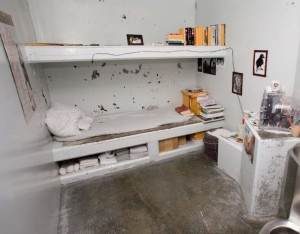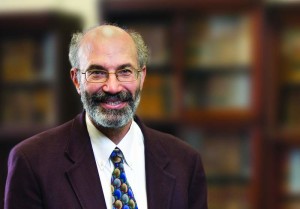Podcast: Play in new window | Download
Updates:
- Heidi Boghosian Reports Back On A Visit With Mumia Abu-Jamal
- ACTION: Please call Secretary of Pennsylvania Corrections John E. Wetzel 717-728-2573
- Also call John Kerestes Superintendent At SCI Mahanoy 570-773-2158
—-
Recent Victory In Washington State Outlawing Charter Schools
After nearly a year of deliberation, the Washington State Supreme Court recently ruled 6-3 that charter schools are unconstitutional. The ruling is believed to be one of the first of its kind in the country and overturns the law voters narrowly approved in 2012 allowing publicly funded, but privately operated, schools. The parties have 20 days to ask the court for reconsideration before the ruling becomes final. In the ruling, Chief Justice Barbara Madsen wrote that charter schools aren’t so-called “common schools” because they’re governed by appointed, rather than elected, boards. Therefore, she wrote: “money that is dedicated to common schools is unconstitutionally diverted to charter schools.” The ruling represents a victory for the coalition that filed the suit in July 2013, asking a judge to declare the law unconstitutional for what they described as improperly diverting public-school funds to private organizations that are not subject to local voter control. Lawyers from the Attorney General’s Office are reviewing the decision, as is the governor’s office.
Guest – Michelle Fein, author of “Charter Schools and the Corporate Makeover of Public Education: What’s at Stake?” Michelle Fein has a Master’s degree in Education with a specialty in interdisciplinary curriculum, social studies and science. She has taught for more than 15 years in private, charter and public schools and was the director of a local charter school for four years.
—-
Ending Long Term Solitary Confinement in California Prisons
After years of litigation by the Center for Constitutional Rights, hunger strikes and protracted debate, the state of California has finally agreed to move thousands of prison inmates out of solitary confinement. Last week a legal settlement between the state and a group of inmates held in isolation for a decade or more at Pelican Bay State Prison will end the use of solitary confinement to control prison gangs. Jules Lobel, the lead attorney and president of CCR, calls this a dramatic step forward. Legal challenges to the states’ reliance on solitary confinement have been mounted since a panel of experts told the state corrections department that the high numbers of inmates in lengthy isolation did little to improve prison security. The state has agreed to create small, high-security units that house inmates deemed most dangerous in a group setting where they are entitled to many of the same privileges as other prisoners: contact visits, phone calls and educational and rehabilitation programs. Inmates found guilty of specified offenses — including murder, attempted murder, drug trafficking, arson, and extortion — are confined in security housing at Corcoran State Prison.
Large isolation units such as the one at Pelican Bay were built in the 1980s in response to high rates of inmates and officers being killed. California has moved over 1,000 prisoners from solitary into general population in the last two years, with little problem.The majority of the several thousand gang-associated prisoners who have been either kept in isolation a decade or more, or have gone at least two years without a major rule violation, will move back to general population. The state prison guard union, which tried unsuccessfully to intervene in the case, says the state may return to the 70s and 80s environment where inmates and staff were killed at high rates. California once led the nation in the use of solitary confinement but Texas is no #1. California has some 6,400 inmates in isolation units, a number that shrank for two years as the state changed its criteria for behavior considered gang activity and began removing prisoners. California has segregation units at several prisons, but the largest and most notorious is at Pelican Bay, near the Oregon border. Inmates spend nearly 23 hours a day in windowless cells that face a concrete wall. Forensic psychiatrists testified on behalf of the inmates that such conditions cause psychological damage. The UN has called it torture. Joining us to discuss this hard-won victory is Jules Lobel.
Guest – Attorney Jules Lobel, has litigated important issues regarding the application of international law in the U.S. courts. In the late 1980’s, he advised the Nicaraguan government on the development of its first democratic constitution, and has also advised the Burundi government on constitutional law issues. Professor Lobel is editor of a text on civil rights litigation and of a collection of essays on the U.S. Constitution, A Less Than Perfect Union (Monthly Review Press, 1988). He is author of numerous articles on international law, foreign affairs, and the U.S. Constitution in publications including Yale Law Journal, Harvard International Law Journal, Cornell Law Review, and Virginia Law Review. He is a member of the American Society of International Law.
——————————————————–



